Do you have a garden that you are trying to keep raccoons out of? If so, you are not alone. Raccoons can be very determined when it comes to getting into gardens, and they can often succeed in breaking through barriers that are meant to keep them out. In this article, we will provide you with comprehensive answers to common questions about how to keep raccoons out of the garden. We will also provide you with some helpful tips on how to make your garden less appealing to these animals.
What Are Raccoons?
Raccoons are a type of mammal that is native to North America. They are usually around two feet long, with a bushy tail and black mask around their eyes.
In the wild, their diet consists mostly of berries, nuts, fruits, and small animals such as rodents or frogs. However, raccoons are very adaptable creatures, and they will often eat whatever is available to them. This includes garbage, pet food, and – you guessed it – garden vegetables![4]How to identify raccoons
If you’re wondering how to keep raccoons out of your garden, the first step is to identify whether or not you actually have a raccoon problem. There are a few telltale signs that raccoons have been visiting your garden:
- Damage to plants, particularly soft fruits and vegetables like tomatoes, grapes, and berries. Raccoons will also dig up newly planted bulbs.
- Large footprints in the mud or soil around your garden. Raccoon tracks look similar to human handprints, with five toes on each foot.
- Droppings (feces) in your garden, which look like large black pellets. You may also see urine stains on plants or in the soil.
- Raccoons are nocturnal animals, so if you see one during the day, it’s a good indicator that it has been displaced from its natural habitat.[2]
What Do Raccoons Eat?
Raccoons are omnivores, which means that they eat both plants and animals. In the wild, their diet consists of fruits, vegetables, nuts, berries, eggs, small mammals, and even carrion (dead animals).
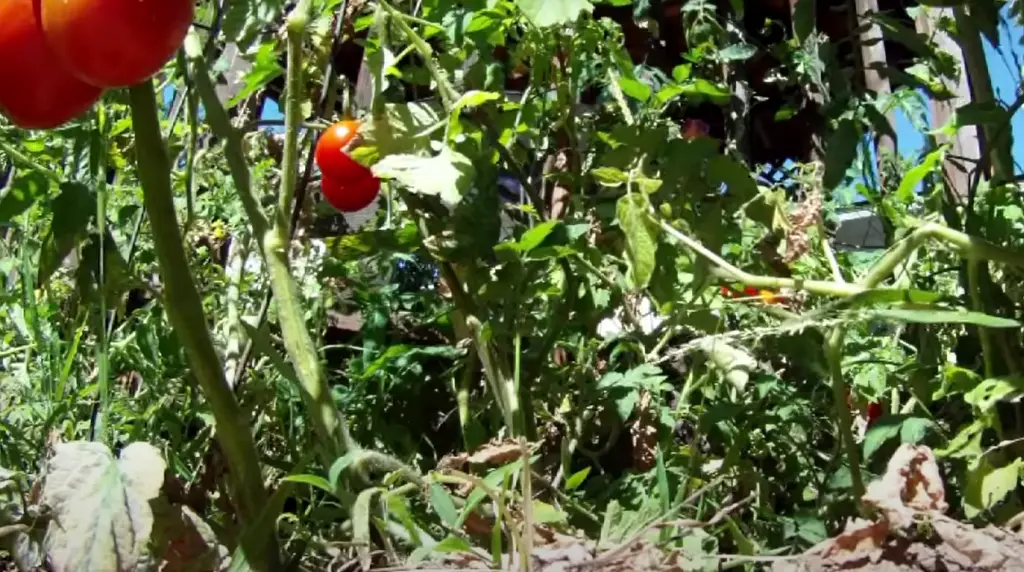
When it comes to your garden, raccoons will eat just about anything they can get their hands on – from ripe fruits and veggies to tasty looking insects.
Raccoon Damage
Raccoons are not only a nuisance, but they can also do a lot of damage to your garden. They will dig up your plants, eat your fruits and vegetables, and trample your flowers. In addition, raccoons can carry diseases that can be harmful to humans and pets.[4]
Ultrasonic motion-activated sound device
If you have a raccoon problem, this is one of the best things that you can do to keep them away. The device works by emitting a high-pitched sound that only animals can hear, and when it detects movement, it will activate. This will startle the raccoons and make them want to stay away from your property.
There are a few different brands of these devices on the market, so be sure to do your research to find the one that will work best for you. You may also want to consider getting more than one device so that you can cover a larger area. Another option is to get a solar-powered device so that you don’t have to worry about batteries.[2]
Strong smelling substances
Raccoons have a very keen sense of smell, and they don’t like strong smells. You can use this to your advantage by using strong smelling substances to keep them away. Things like ammonia, vinegar, and cayenne pepper can be used to make a DIY raccoon repellent. Simply mix equal parts of each substance and sprinkle it around the perimeter of your garden.
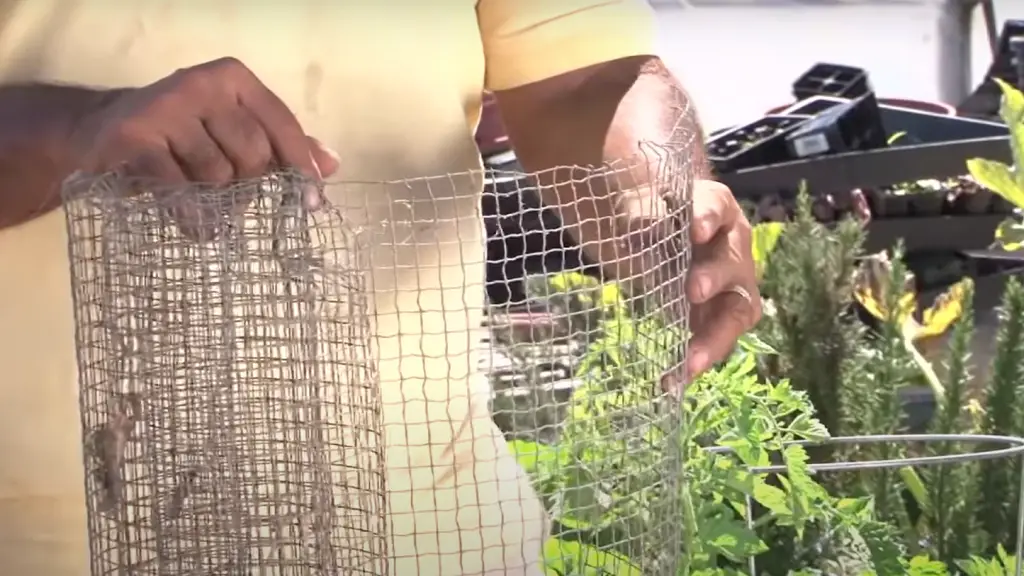
You can also buy commercial raccoon repellents that contain these same ingredients. Just be sure to follow the instructions on the label carefully so that you don’t end up harming yourself or your plants.[2]
Trying Natural Repellents
One of the most common questions people ask is how to keep raccoons out of the garden naturally. There are a few different natural repellents that you can try, but it’s important to remember that not all of them will work for every situation. You may need to experiment with a few different options before you find something that works for your particular garden.
Some people swear by using ultrasonic sound devices to deter raccoons. These devices emit high-frequency sounds that are supposed to be unpleasant for raccoons and other animals, but they don’t always work. If you decide to try an ultrasonic device, make sure to get one that is specifically designed for keeping away raccoons.
Setting Cage Traps
If you want to get rid of raccoons, one of the most effective methods is to set cage traps. You can bait these with food that raccoons like, such as fruits, vegetables, or even marshmallows. Once a raccoon is caught in the trap, you can then release it into the wild far away from your home.
Cage traps are available for purchase at most hardware stores or online. If you choose to buy one online, be sure to read the reviews first to make sure that it’s a high-quality product that will do the job effectively.[1]
Fencing Your Garden
One way to ensure that raccoons don’t enter your garden is by fencing it off. This will create a physical barrier that the animals cannot cross. There are several types of fencing that you can use, such as chicken wire or hardware cloth. You’ll need to make sure that the fence is at least four feet tall, and bury it at least six inches underground to prevent the raccoons from digging underneath it.[1]
Tips for building crop cages
If you have the time and resources, building a crop cage is one of the most effective ways to keep raccoons out of your garden. Here are some tips:
- Make sure the cage is tall enough so that raccoons can’t climb over it. A good height is at least six feet.
- The cage should be made out of sturdy materials that raccoons can’t break or chew through, such as metal or hard plastic.
- The mesh size of the cage should be small enough so that raccoons can’t reach through it and steal your crops. A good rule of thumb is an opening that’s no bigger than two inches wide.
- To further deter raccoons, you can line the bottom of the cage with things that raccoons don’t like, such as sharp rocks or chicken wire.[2]

Building a crop cage is a lot of work, but it’s worth it if it means keeping your garden safe from hungry raccoons.
Electric fencing
One of the most common questions we get asked is how to keep raccoons out of the garden. The answer is not as simple as it may seem, but there are a few things you can do to deter them.
One popular method is to install an electric fence. This will create a barrier that raccoons cannot cross without being shocked. Electric fences are available in both above ground and underground models, so be sure to choose the one that best suits your needs.[2]
Trapping Raccoons
If you want to get rid of the raccoon permanently, your best bet is to trap it and then release it far away from your property. Trapping a raccoon is not as difficult as you might think, but it does require some patience and careful planning.
Live traps are the most humane option, as they simply capture the animal without harming it. These traps can be purchased from most hardware stores or online retailers. Once the raccoon is caught, you will need to release it into a wooded area at least five miles away from your home.
Kill traps, on the other hand, are designed to kill the animal. These should only be used as a last resort, as they are inhumane and may not be legal in your state or province. If you do decide to use a kill trap, make sure to check with your local wildlife authorities first.[3]
How to Prevent Raccoons?
The best way to keep raccoons out of the garden is to take preventive measures. Raccoons are attracted to food and water, so remove any potential sources of these from your yard. Keep trash cans tightly sealed and pick up any fallen fruit or vegetables from the ground.
Another way to deter raccoons is to make your property less inviting to them.
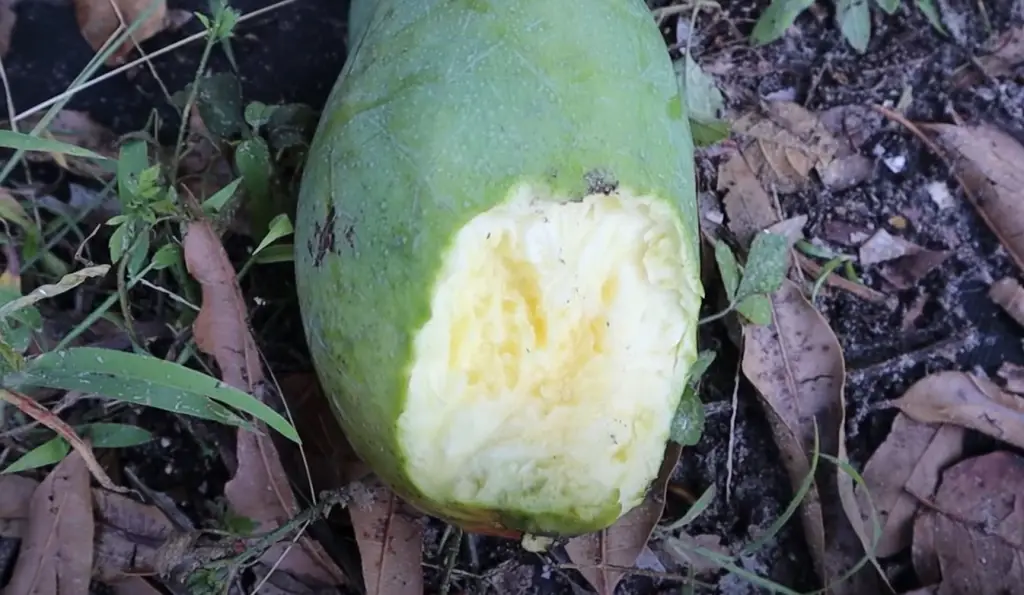
Trim back trees and shrubs that provide cover for raccoons, and seal off any openings into your home or shed that they could use as a den. Finally, don’t forget to clean up after yourself – put away pet food, bird seed, and other potential attractants that might lure raccoons into your yard.[4]
FAQ
What smell will keep raccoons away?
The best way to keep raccoons away is by using a natural predator scent. Raccoons are afraid of dogs, so using dog urine or dog fur can help keep them out of your garden. You can also use the scent of coyotes, foxes, or bobcats to scare them off.
If you don’t have any animal scents on hand, you can try using human hair. Raccoons are also afraid of the smell of ammonia, so placing a few cotton balls soaked in ammonia around your garden can help deter them.
Will vinegar deter raccoons?
Yes, vinegar can be used as a raccoon deterrent. The acetic acid in vinegar is unpleasant for raccoons and will deter them from coming into contact with it. You can use vinegar to clean up any areas that raccoons have been frequenting in your garden. You can also soak some rags in vinegar and place them around the perimeter of your garden to deter raccoons from entering.
Another way to use vinegar as a deterrent is to mix it with water in a spray bottle and spray it around the perimeter of your garden. Raccoons don’t like the smell of vinegar and will avoid entering an area that has been sprayed with it.
Do coffee grounds repel raccoons?
Some gardeners believe that coffee grounds deter raccoons. However, there is no scientific evidence to support this claim. If you want to try using coffee grounds to keep raccoons out of your garden, be sure to spread them around the perimeter of the garden and replenish them regularly.
Does Irish Spring soap keep raccoons away?
Yes, Irish Spring soap can be used to keep raccoons away. When the soap is applied to the ground, it creates a scent that raccoons do not like. This will help to keep them out of your garden.
How do you keep raccoons away at night?
The best way to keep raccoons away at night is by making your garden less appealing to them. Pick up any fallen fruit or vegetables, and secure garbage cans with lids. You can also try installing a motion-activated sprinkler system, which will startle raccoons when they come near. If you have a pond in your garden, make sure it has a wire mesh cover so the raccoons can’t get in. Lastly, trim back any overhanging branches so the animals can’t climb into your yard.
Does Epsom salt keep raccoons away?
Epsom salt is a commonly used home remedy to keep away pests like raccoons. Some say that it works by irritating the raccoon’s paws, which deters them from coming back. Others believe that the strong smell of Epsom salt repels raccoons. While there is no scientific evidence to support either of these claims, some gardeners swear by Epsom salt as a way to keep raccoons out of their gardens.
If you’re interested in trying this method, simply sprinkle some Epsom salt around the perimeter of your garden. Reapply after heavy rainfalls or whenever you see signs of raccoon activity.
While there is no guarantee that Epsom salt will keep raccoons away, it’s definitely worth a try! And, it’s a lot cheaper than some of the other raccoon repellents on the market.
Useful Video: How to Keep Raccoons Out of Vegetable Gardens : Vegetable Gardening 101
Conclusion
So there you have it, everything you need to know about keeping raccoons out of your garden. We hope you found this article helpful and that you can now keep your garden free of these pesky critters. Thanks for reading!
Do you have any other tips or tricks on how to keep raccoons out of the garden? Let us know in the comments below! And be sure to share this article with anyone else who might find it helpful. Thanks for reading!
https://www.wikihow.com/Keep-Raccoons-Out-of-the-Garden
https://www.gardeningknowhow.com/plant-problems/pests/animals/getting-rid-raccoons.htm
https://www.almanac.com/pest/raccoons





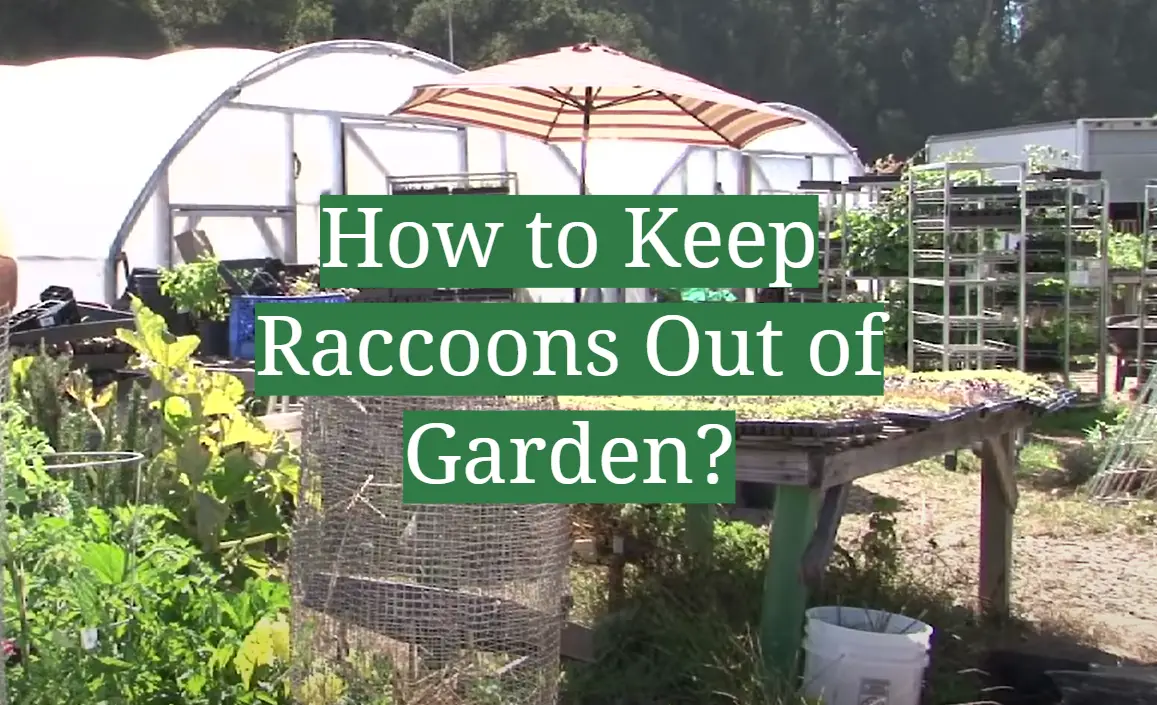
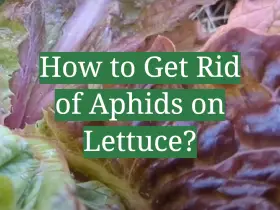
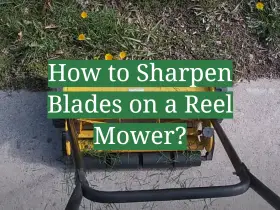
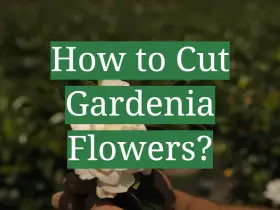
Leave a Reply
View Comments